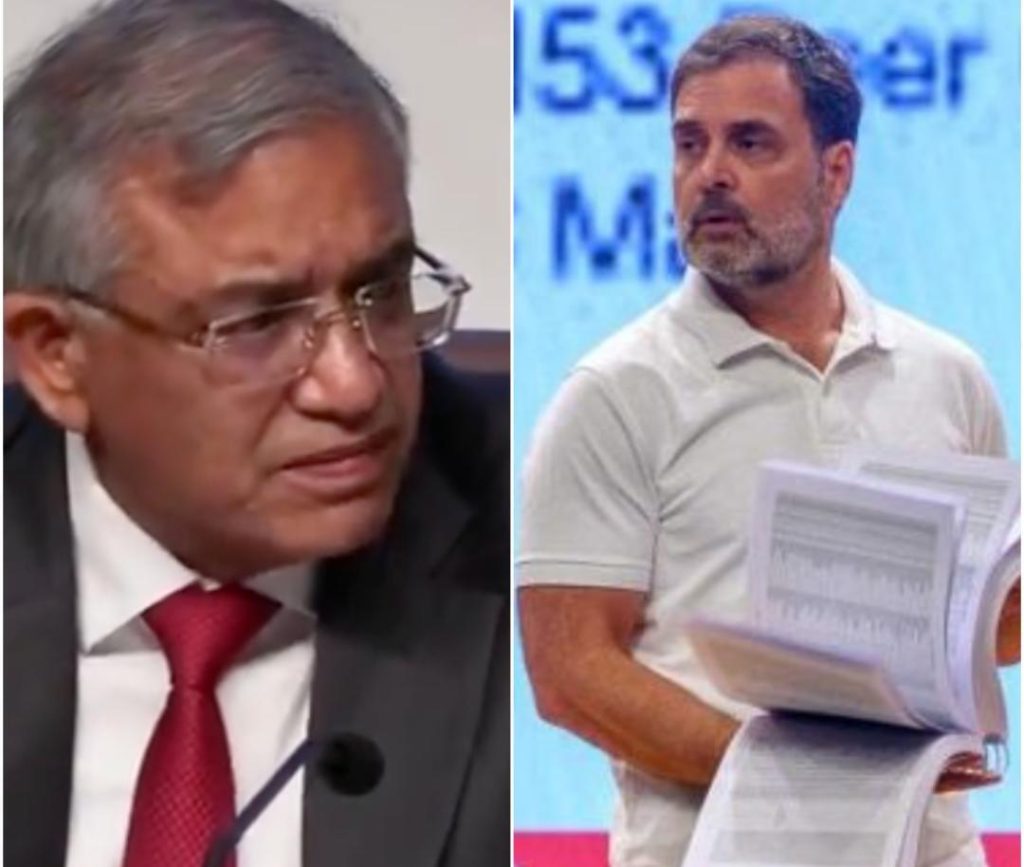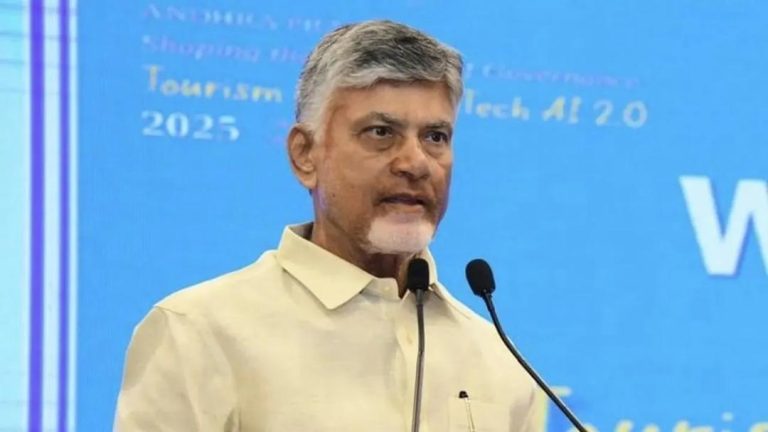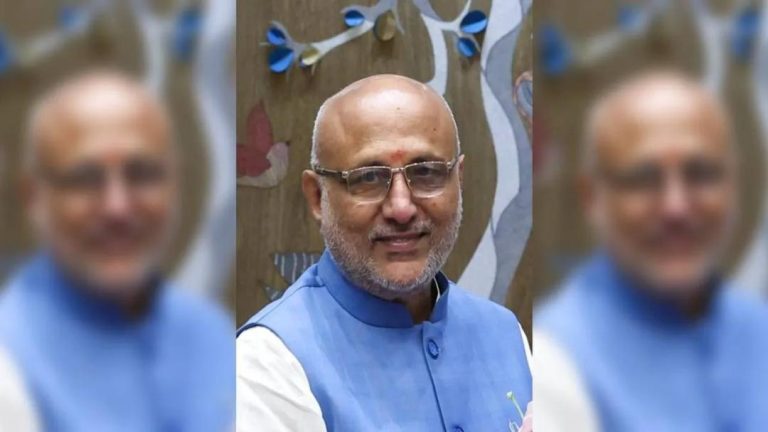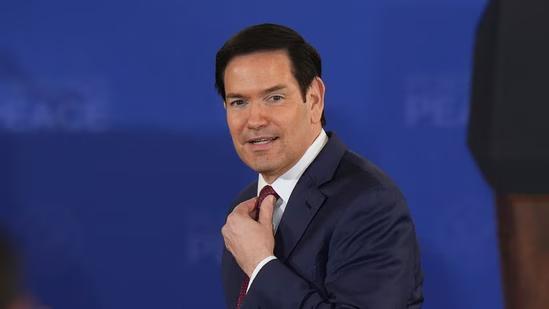
Title: “Vote Chori” Phrase an Insult; Should We Share CCTV Footage of Mothers & Sisters Voting?: EC
The recent controversy surrounding the use of the phrase “vote chori” (vote thief) by Congress leader Rahul Gandhi has sparked a heated debate in the country. The term, which implies that the elections are rigged, has been criticized by Chief Election Commissioner Gyanesh Kumar. In a recent statement, Kumar slammed the phrase, calling it an insult to the Constitution and the democratic process.
The Election Commission has been facing demands from various quarters to release surveillance footage from polling booths to quell allegations of electoral fraud. However, Kumar has expressed concerns about voter privacy, asking whether it would be appropriate to share CCTV videos of any voter, including their mothers, daughters-in-law, and sisters.
In this blog post, we will analyze the controversy surrounding the “vote chori” phrase and the demand for releasing surveillance footage. We will also examine the implications of sharing such footage and the concerns raised by the Election Commission.
The “Vote Chori” Controversy
The “vote chori” phrase has become a rallying cry for Rahul Gandhi and the Congress party, who claim that the elections are rigged and that the ruling BJP is trying to manipulate the outcome. However, the term has been widely criticized by various stakeholders, including the Election Commission, for its inflammatory and divisive nature.
Chief Election Commissioner Gyanesh Kumar has termed the phrase an insult to the Constitution and the democratic process. In a statement, Kumar said, “The term ‘vote chori’ is an insult to the Constitution and the democratic process. It is not only a challenge to the legitimacy of the electoral process but also an attack on the credibility of the Election Commission.”
The Election Commission has also taken umbrage with the phrase, saying that it creates a sense of distrust among voters and undermines the credibility of the electoral process. Kumar has appealed to political parties to refrain from using such language, saying it is essential to maintain the trust and confidence of the voters in the electoral process.
Demand for Surveillance Footage
The demand for releasing surveillance footage from polling booths has been fueled by allegations of electoral fraud and manipulation. Many political parties, including the Congress, have called for the release of the footage to quell the allegations and ensure transparency in the electoral process.
However, the Election Commission has expressed concerns about voter privacy and the potential misuse of the footage. Kumar has asked whether it would be appropriate to share CCTV videos of any voter, including their mothers, daughters-in-law, and sisters. He has also pointed out that sharing such footage could lead to the identification of voters and compromise their privacy.
The concerns raised by the Election Commission are valid. The privacy of voters is a fundamental right, and sharing surveillance footage without their consent could be a violation of that right. Moreover, the footage could be misused by political parties to intimidate or harass voters, which could have serious implications for the electoral process.
Implications of Sharing Surveillance Footage
Sharing surveillance footage from polling booths could have several implications for the electoral process. Firstly, it could lead to the identification of voters and compromise their privacy. Secondly, it could create a sense of distrust among voters and undermine the credibility of the electoral process.
Furthermore, sharing such footage could lead to political parties using it to intimidate or harass voters. This could have serious implications for the electoral process, as it could lead to a situation where voters are afraid to exercise their franchise.
The Election Commission has also pointed out that sharing surveillance footage could create a sense of mistrust among poll officials and compromise the integrity of the electoral process. If poll officials are perceived as being biased or partial, it could lead to a situation where they are unable to perform their duties impartially.
Conclusion
The controversy surrounding the “vote chori” phrase and the demand for releasing surveillance footage from polling booths highlights the complexities of the electoral process in India. While the Election Commission has been criticized for not being transparent enough, it is essential to strike a balance between transparency and voter privacy.
The Election Commission’s concerns about voter privacy and the potential misuse of surveillance footage are valid. Instead of demanding the release of footage, political parties should focus on strengthening the electoral process and ensuring that it is free and fair.
In conclusion, the “vote chori” phrase is an insult to the Constitution and the democratic process. Sharing surveillance footage from polling booths without the consent of voters could compromise their privacy and undermine the credibility of the electoral process. It is essential for political parties to refrain from using inflammatory language and focus on strengthening the electoral process to ensure that it is free and fair for all citizens.






